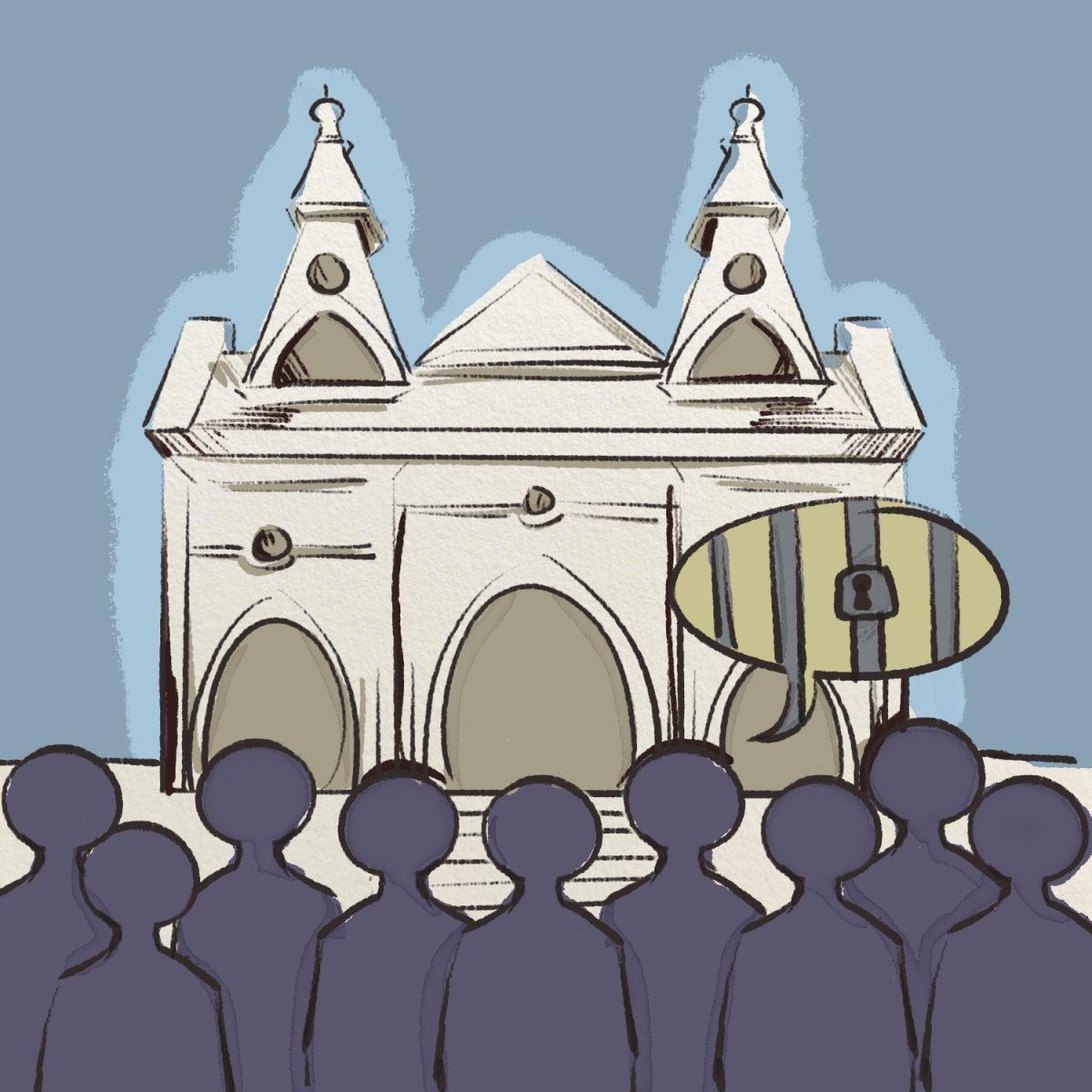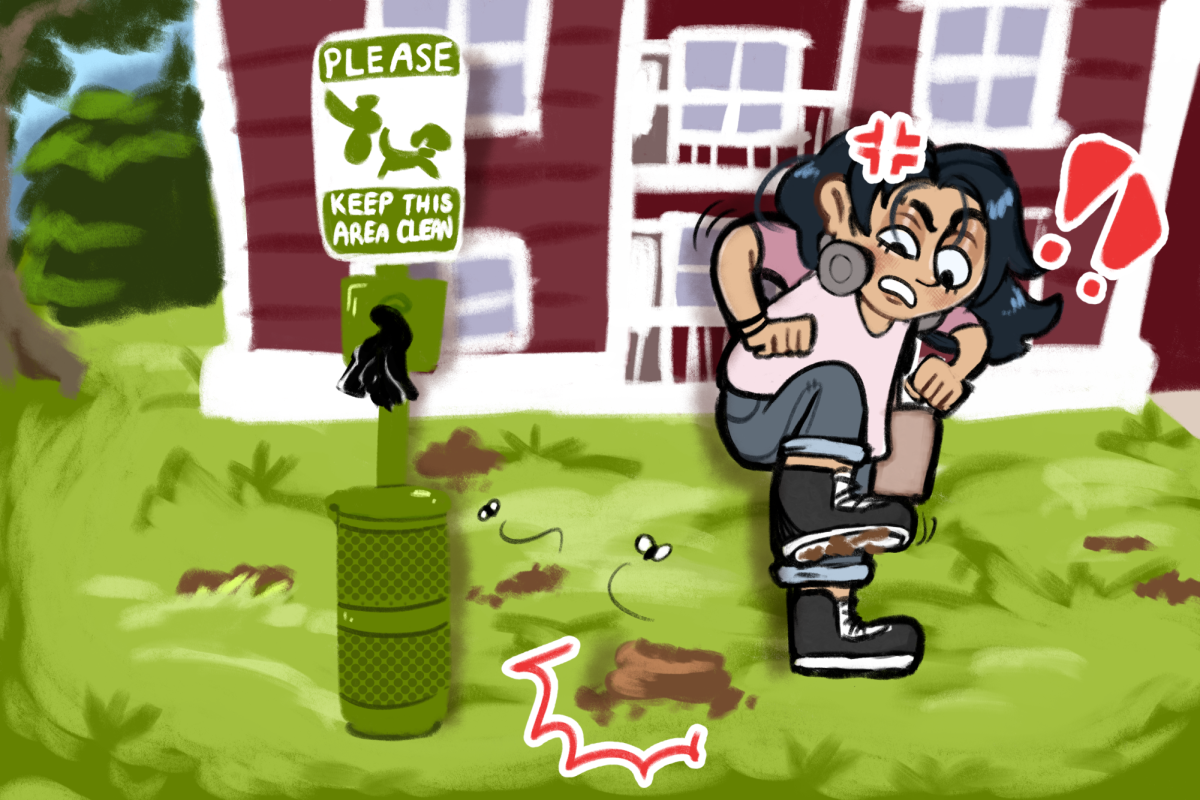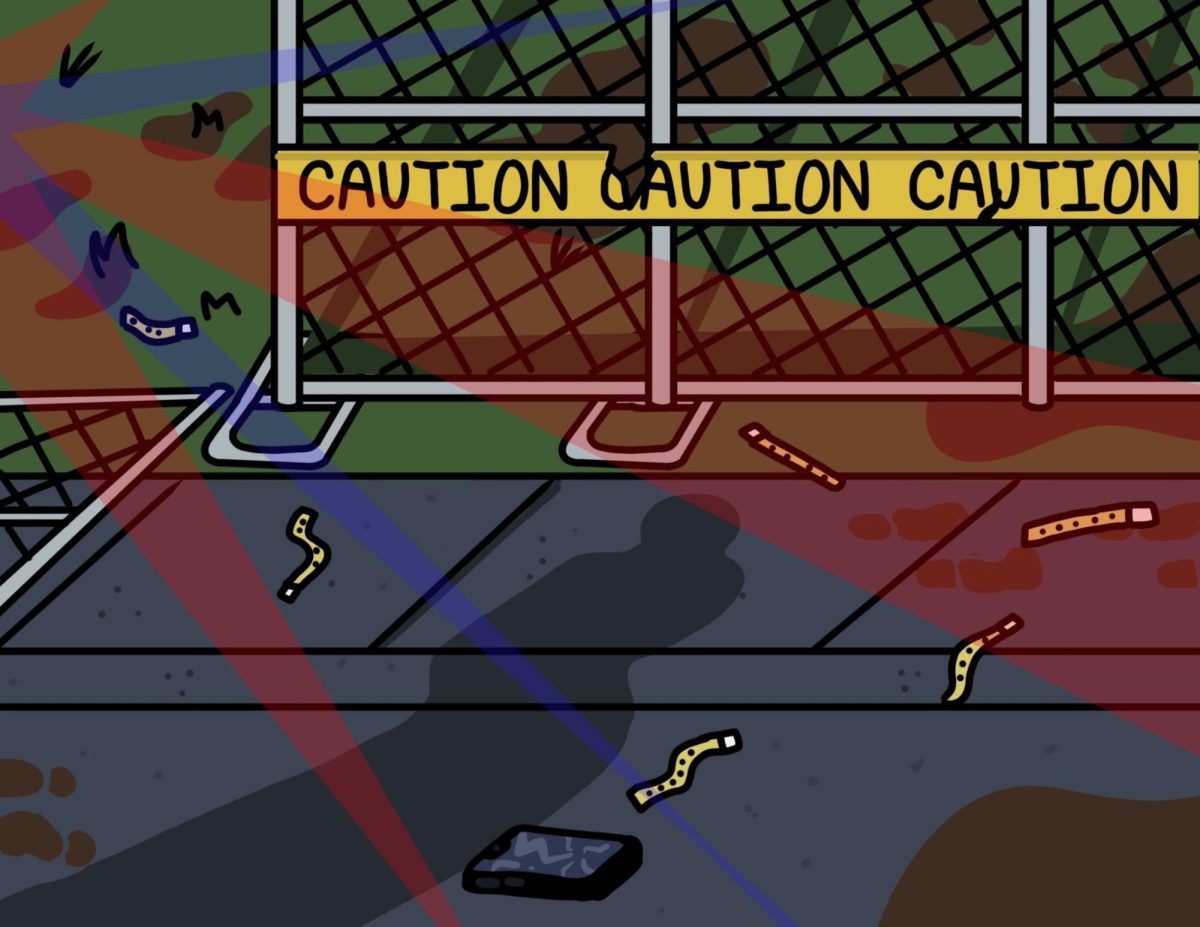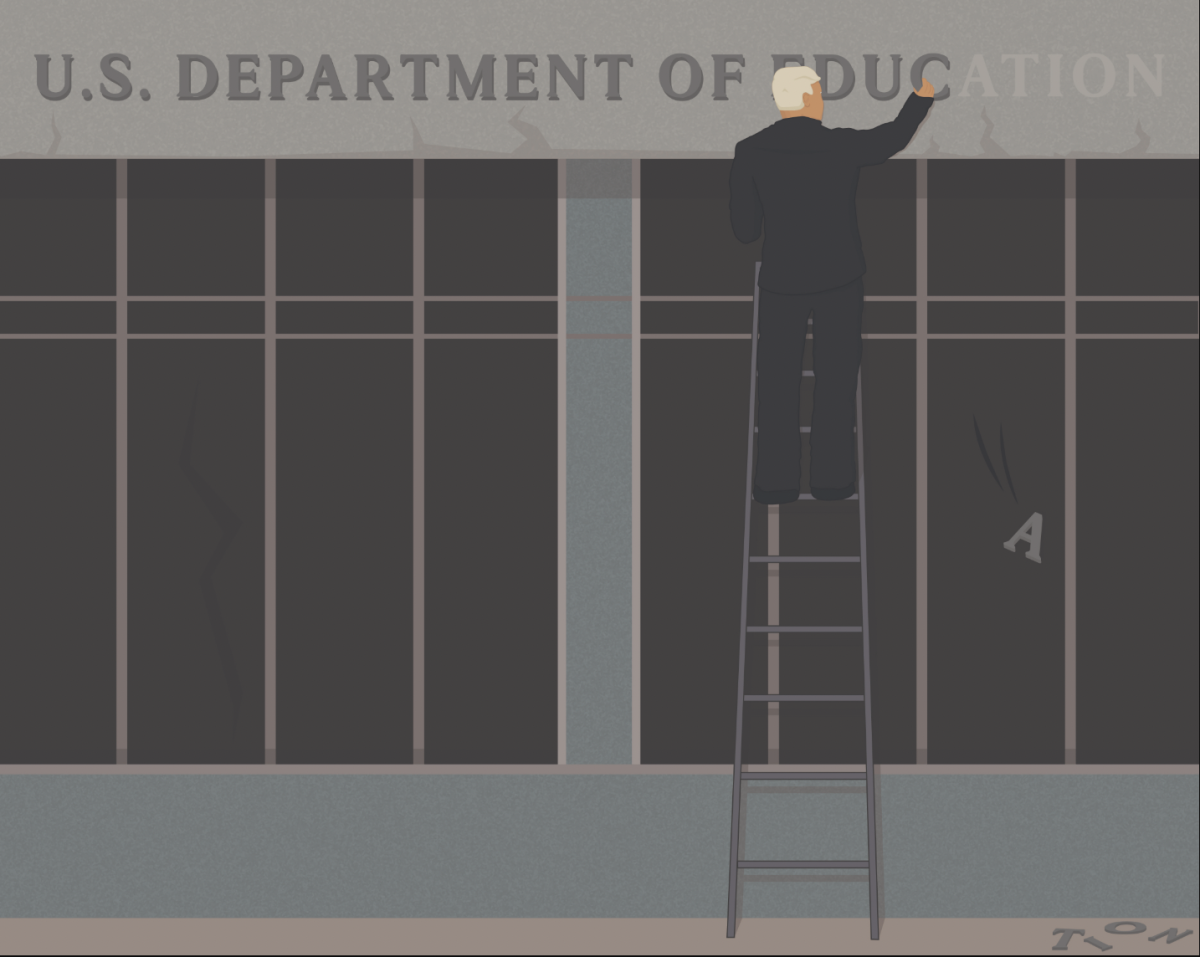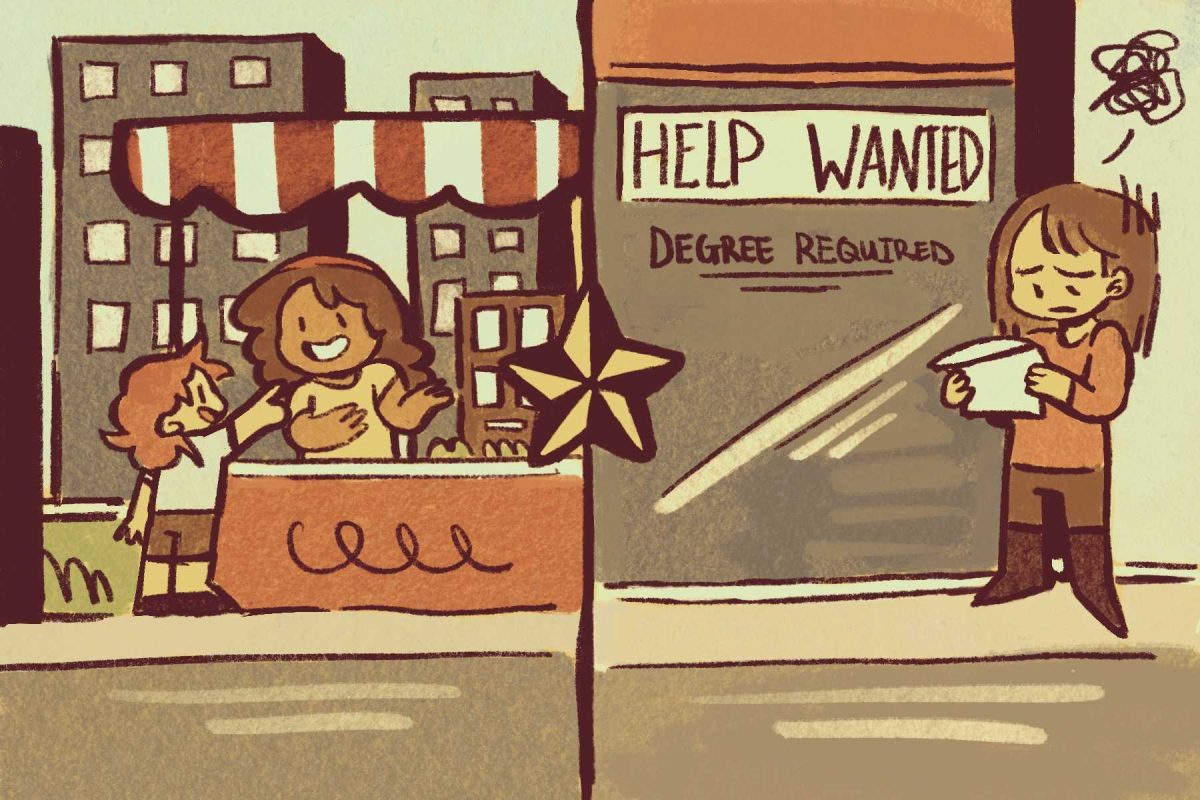Of the many unique reasons an institution may be involved in a legal battle, claims that the institution has violated the U.S. Constitution easily attract attention. Due to the nature of these kinds of lawsuits, it can be difficult to prove a violation in front of a judge; however, this has not stopped three anonymous Texas State students.
These students have filed a lawsuit against the university with the help of Speech First, an organization that works to protect the first amendment on college campuses. According to a press release presented by Speech First, the university is being challenged on two major policies: Texas State’s discrimination and computer policies. Speech First’s Executive Director, Cherise Trump, claims these policies to be in violation of both the First and 14th Amendments due to either the policies’ vague language and perceived overstep into the rights of students.
Trump stated that Texas State has ultimately ”forced students to opt-out of classroom discussions,” leading conservative students to choose not to speak up out of fear that “they may be accused of harassment for ‘offending’ someone.”
Taking a closer look at these policies tells a slightly different story, as simple semantic issues with the text of the policies are insinuated to have a nefarious agenda or easily-exploitable flaws. The first policy that Speech First takes issue with is the university’s discrimination policy.
According to Speech First’s complaint, Texas State’s current guidelines for discrimination are too broad as to not infringe on the first amendment rights of students. However, the policy itself remains quite narrow in what the university considers to be punishable harassment or discrimination and not protected speech.
In accordance with standing federal anti-discrimination laws, Texas State’s discrimination policy makes it clear what constitutes punishable harassment is speech severe enough to directly inhibit a member of a protected class’s ability to participate in on-campus programs. It also states an extensive list of exceptions in which the policy would not apply.
The second policy that Speech First and the students take issue with is the Texas State informational resources policy. In the complaint, the university is accused of suppressing protected speech by prohibiting the usage of campus-affiliated materials for political purposes.
This accusation stems from the language used in section 05, regarding inappropriate usage of electronic resources. The lawsuit takes issue with the prohibition of using information resources affiliated with Texas State to influence democratic elections of any kind, as well as to “…achieve any other political purpose.”
On Texas State’s policy website, the guidelines regarding political activity on university-affiliated resources are part of a large list of other prohibitions for usage. In the first sentence, the line “These and similar activities are strictly prohibited for all users” is used to encompass the following 23 prohibitions, one of which is the guideline on political activity.
Speech First takes issue with the concept of “similar activities” being used to stifle conservative speech and claims that students are prohibited from engaging in protected political speech via their school email accounts. This is not stated in nor easily interpreted in good faith when reading the policy.
Despite these factors which potentially could detract from the lawsuit’s arguments, there is legal precedent for judges on similar cases to rule in favor of the plaintiff. Speech First recently won a case presided over by a Reagan-appointed judge to permanently revise a University of Houston discrimination policy.
Given there are cases in the past that point to support of the perspective of Speech First and the anonymous Texas State students, a judge could rule in their favor. In the event that Speech First and the students’ actions result in changes to these Texas State policies, students of minority groups will have less protection against harassment from fellow students, professors or staff.
Furthermore, a ruling in favor of Speech First has the potential to redefine many of these cases and legal opportunities for schools all around the country. On paper, this is not a bad thing at all. However, students of minority groups college campuses which have larger problems with harassment and discrimination and may find themselves without a means of recourse.
The debate around public university harassment and discrimination policies is not a new battle; it has been engaged by judges, attorneys, politicians and activists for decades. A common legal argument that is now broadly accepted in these kinds of lawsuits is to simply argue: if the university is public, the staff are employed by the state and must abide by federal rules and regulations, including the first amendment.
Unless situations are extraordinary, speech that offends people is considered protected by the Constitution. A judge would be remiss to rule in favor of Speech First.
-Kien Johnson is a sociology freshman
The University Star welcomes Letters to the Editor from its readers. All submissions are reviewed and considered by the Editor-in-Chief and Opinion Editor for publication. Not all letters are guaranteed for publication.
Opinion: TXST lawsuit could cause concerns for student safety
Kien Johnson, Opinions Contributor
May 8, 2023
0
Donate to The University Star
Your donation will support the student journalists of Texas State University. Your contribution will allow us to purchase equipment and cover our annual website hosting costs.
More to Discover



